In May of the year Tan Dau (1801), Nguyen Anh conquered the capital city of Phu Xuan. One year later, Nguyen Anh ordered an altar to "pray to heaven and earth about the establishment of the reign name" Gia Long, although he had not yet proclaimed himself emperor. In 1806, Gia Long proclaimed himself emperor.
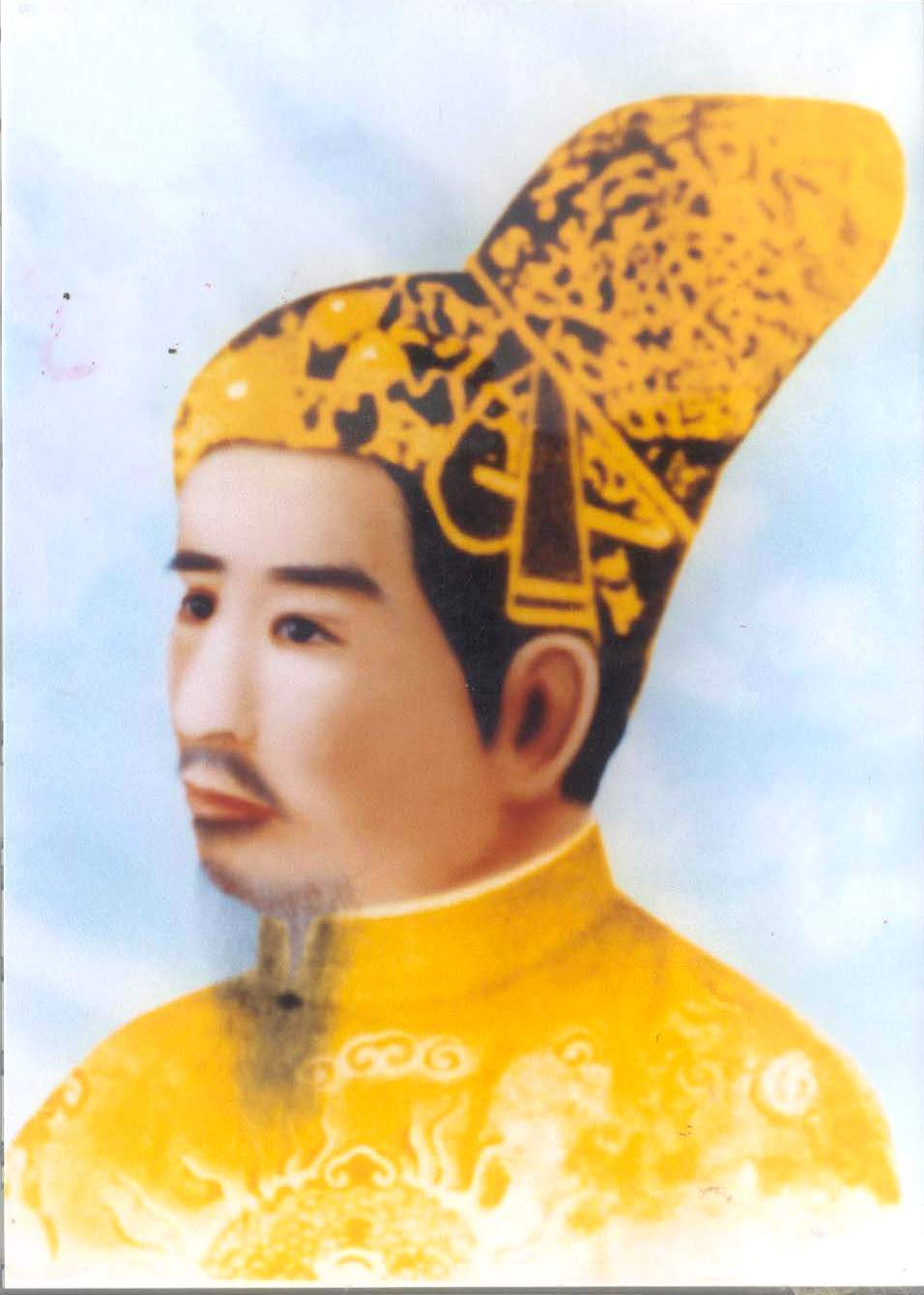
King Gia Long (1762 - 1820)
PHOTO: LE NGUYEN DOCUMENTS
After that, the king and his subjects "discussed the matter of communicating with the Qing Dynasty" (China). Gia Long said: "Although our country is old, its destiny has changed. The Qing people have not yet understood the great meaning of revenge. Recently, our navy was hit by a storm, and the Qing people treated us well and sent us back, but we have not had the opportunity to respond. Now that we have captured the Tay Son seals granted by the Qing Dynasty, and have also captured pirates, who are also fugitives of the Qing Dynasty, we can send someone to pay them in advance and report the Northern Expedition to them. When the Northern Region is pacified, we will resume the old diplomatic relations more skillfully." The court agreed with the idea and nominated three people to go as envoys: Trinh Hoai Duc, Ngo Nhon Tinh, and Hoang Ngoc An.
On Canh Dan day (same year and month), Gia Long led his army to the North. On Canh Than day (July 20, 1802), Gia Long entered Thang Long citadel. Shortly after, Gia Long "thought that Tay Son had been destroyed, and sent a letter to the governor of Liangguang of the Qing Dynasty to ask about how to handle diplomatic relations; ordered the Ministry of Personnel's deputy Le Chinh Lo and the Ministry of War's deputy Tran Minh Nghia to wait for orders at Nam Quan (pass). He also thought that the country had just been established, and wanted to receive the Qing envoy at the pass, to hold a coronation ceremony to save money, and asked Ngo Thi Nham and Phan Huy Ich about this matter, and they both said they had never heard of it before. So he stopped."
In October of the year Nham Tuat (1802), Gia Long sent the Minister of War, Le Quang Dinh (also a former student of Vo Truong Toan) as the main envoy to the Qing Dynasty, the Deputy Minister of Personnel, Le Chinh Lo, and the Eastern Academy Scholar, Nguyen Gia Cat, as the Deputy Envoy. Before that, when he had retaken the Northern Citadel, Gia Long sent a letter to the Governor General of Liangguang to convey the matter to the Qing Emperor. The Qing Emperor sent a reply letter saying that our country had pacified the entire An Nam region, so we should send an envoy to request a title. As for the previous envoy, Trinh Hoai Duc, they were sent to Quang Tay, and the embassy requesting a title was moved to Yen Kinh to await orders. Chinh Lo and his group reported the matter. Gia Long ordered Quang Dinh and his group to bring the national letter and gifts (...) to request a title and to change the country's name to Nam Viet .
It was not until 1164, after the Song Dynasty saw that Ly Thuong Kiet had famously defeated the Song and pacified the Cham, that they agreed to change Giao Chi district to An Nam country and appointed Ly Anh Tong as An Nam country king , even though King Ly Thanh Tong had changed the country's name to Dai Viet since 1045.
Since then (1164) through the dynasties of Ly, Tran, Le, then Nguyen Quang Trung (1789), Canh Thinh (1792), our kings were only given the title of An Nam king and the name of our country was An Nam country . Therefore, in the Qing emperor's letter, the title of An Nam was only mentioned. Now Gia Long asked to change the country's name to Nam Viet , explaining: "Previous dynasties expanded the country, each day it became wider, including the countries of Viet Thuong and Chenla, establishing the country's name as Nam Viet, passed down for more than 200 years (since before 1600, Nguyen Hoang came to govern Thuan Hoa). Now that the South has been cleared, the entire Viet country has been pacified, so I ask to restore the old name to be legitimate."
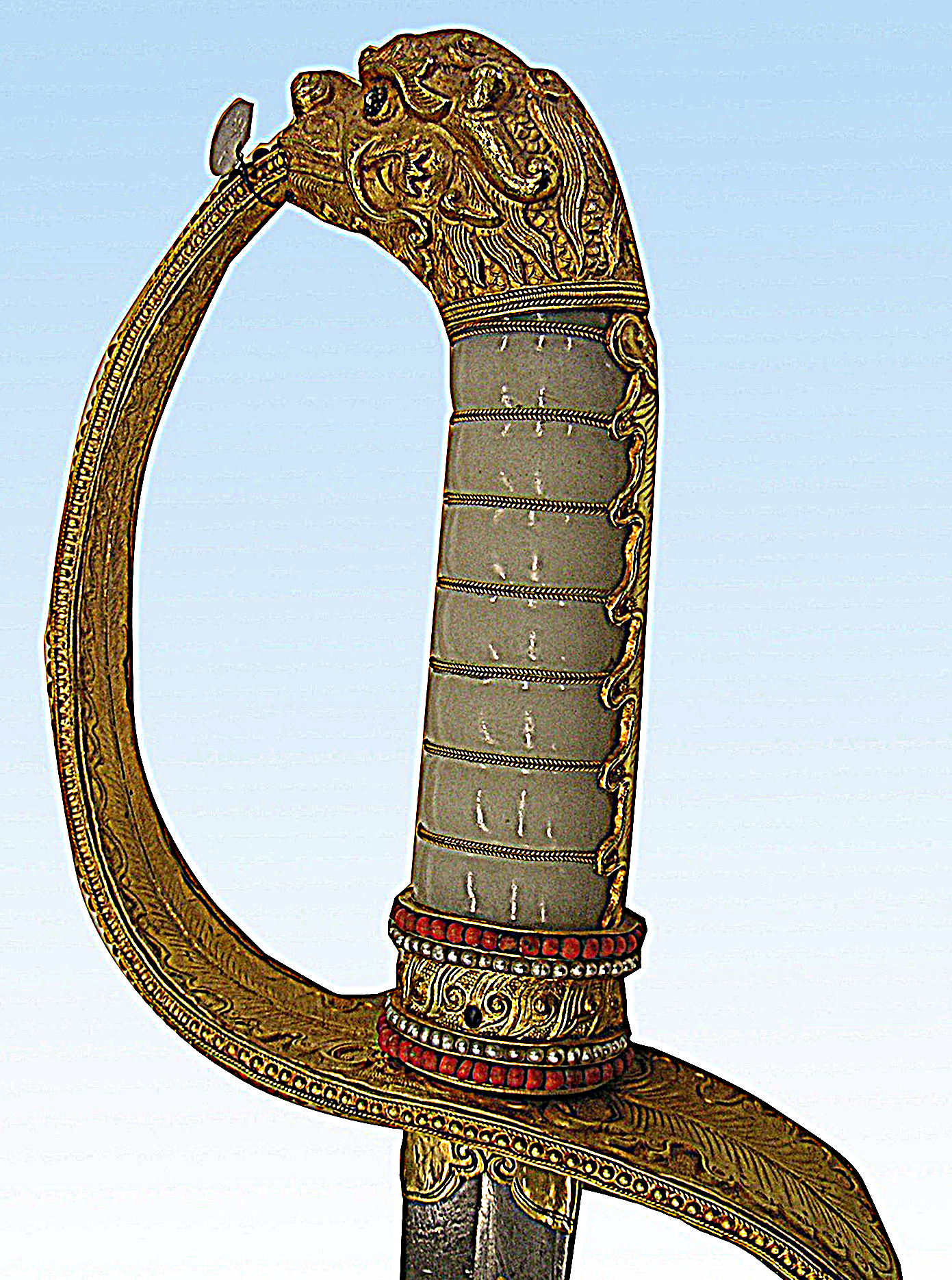
Thai A sword of King Gia Long
At first, the Qing emperor refused, wanting to keep the name An Nam, "thinking that the word Nam Viet is similar to the word Dong Tay Viet so it is not acceptable". Gia Long had to "reply two or three times to explain, and said that if the Qing emperor did not allow it, he would not grant the title". The Qing emperor was afraid of offending our country, so he used the word Viet Nam to name the country, sending a letter saying: "Before, when Viet Thuong (Central Vietnam today - TG ) was called Nam Viet, now it has the whole An Nam (from Deo Ngang to the North - TG ), judging by the name, it should encompass all the land that has been developed before and after, so it is a good name, intending to use the word Viet to show that our country, thanks to the old land, continues the good reputation of the previous generation, using the word Nam at the bottom shows that our country opened the Southern border and accepted the new mandate, the name is righteous, the words are good, and compared to the old name of the Two Viets in the interior (China), it is clearly distinct". Finally, Gia Long accepted the name of the country Vietnam .
In January of the year of Giap Ty (1804), Gia Long went to Thang Long to receive the title of King of Vietnam, with the Qing Dynasty envoy, Guangxi's Judge Qi Bo Sam, performing the ceremony at Kinh Thien Palace. From then on, China called our country Viet Nam, and no longer used the names Giao Chi or An Nam. However, internally and externally (excluding China), we still called ourselves Dai Viet, Dai Nam Viet or Dai Viet Nam.
In the year of Mau Tuat (1838), on February 3, Minh Mang issued an edict to change the country's name to Dai Nam or Dai Viet Nam . Thus, despite the ups and downs or slight changes, the national name Vietnam has existed for the past 200 years and refers to a nation-state in Southeast Asia. (to be continued) …
(Excerpt from Miscellaneous Notes on Vietnamese History and Geography by the late scholar Nguyen Dinh Dau published by Tre Publishing House)
Source: https://thanhnien.vn/vua-gia-long-voi-quoc-hieu-viet-nam-1852410032347117.htm


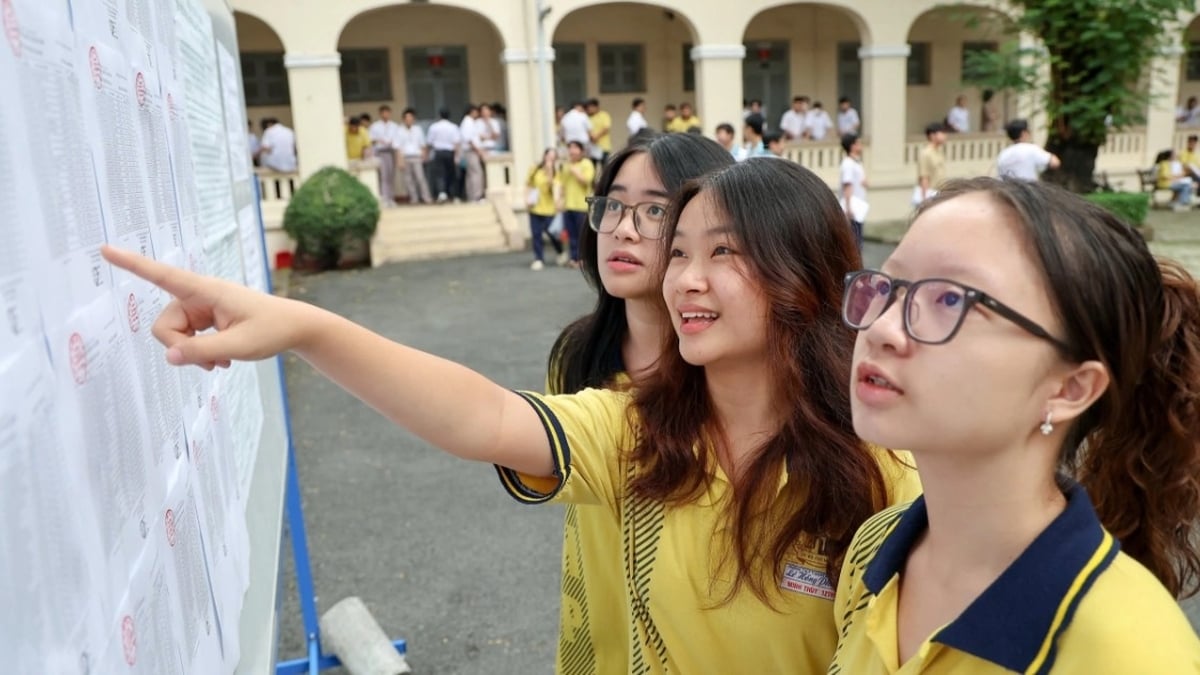
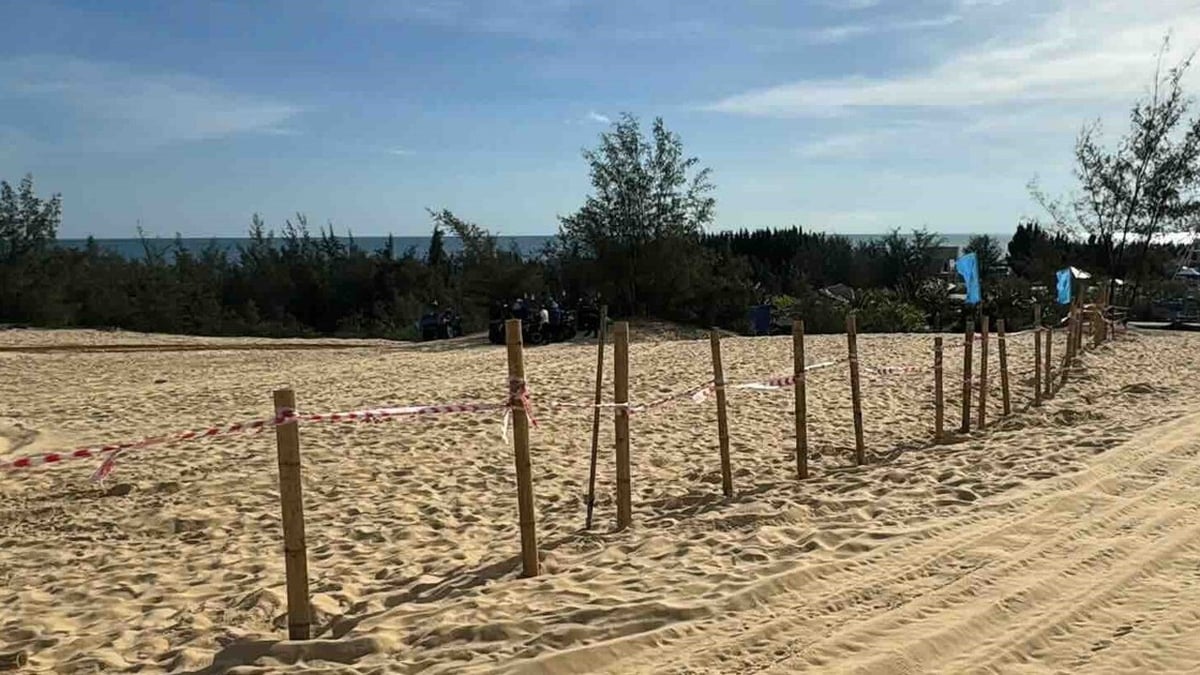
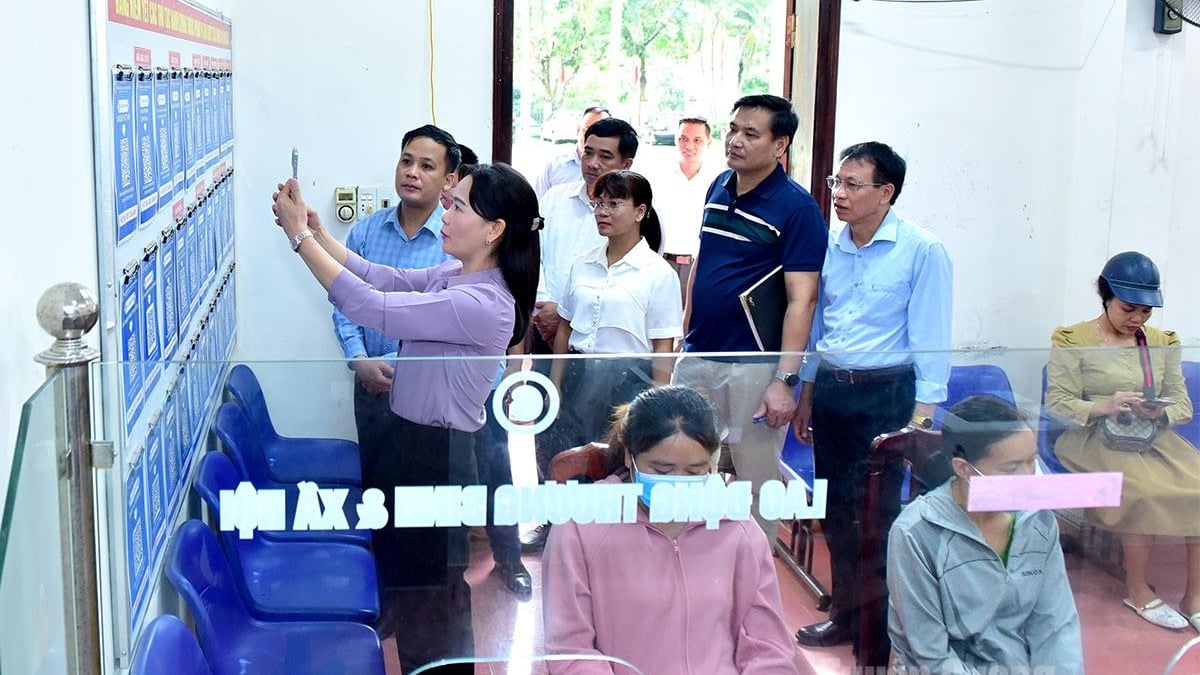
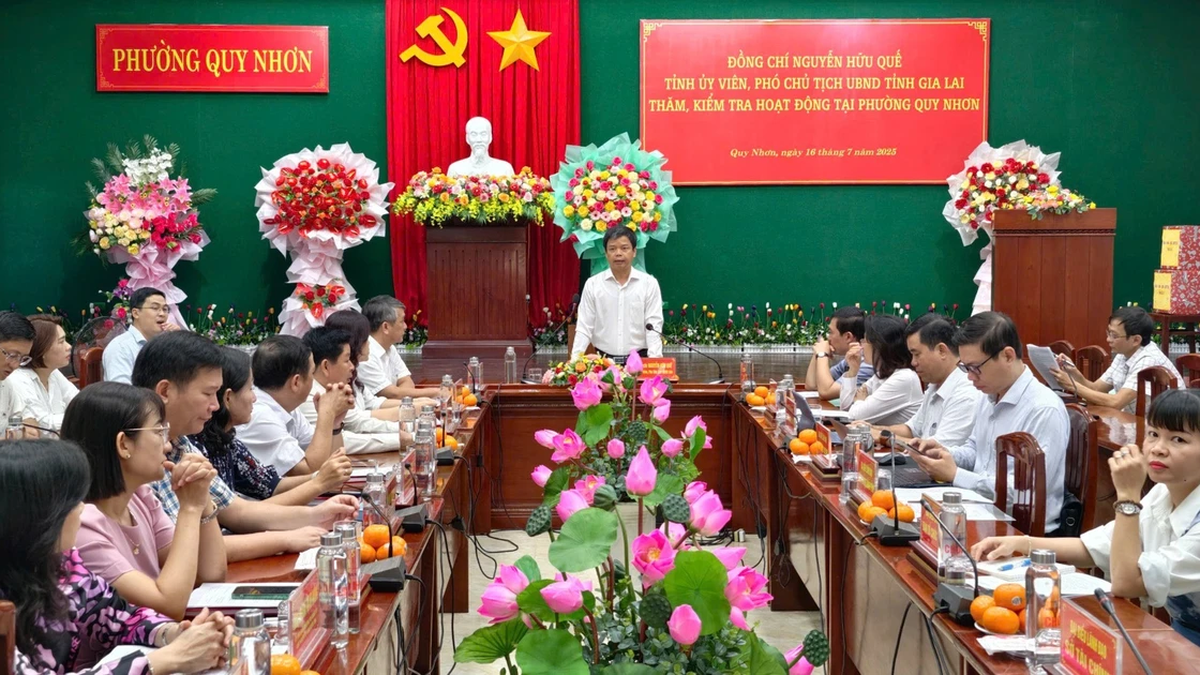
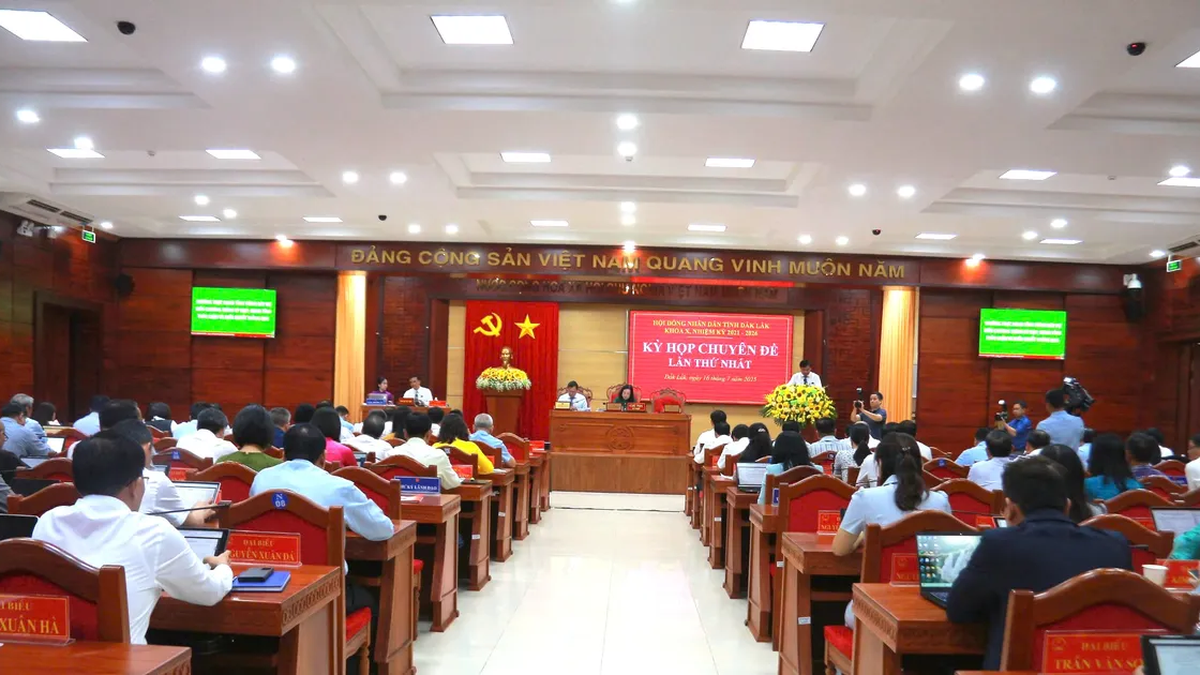
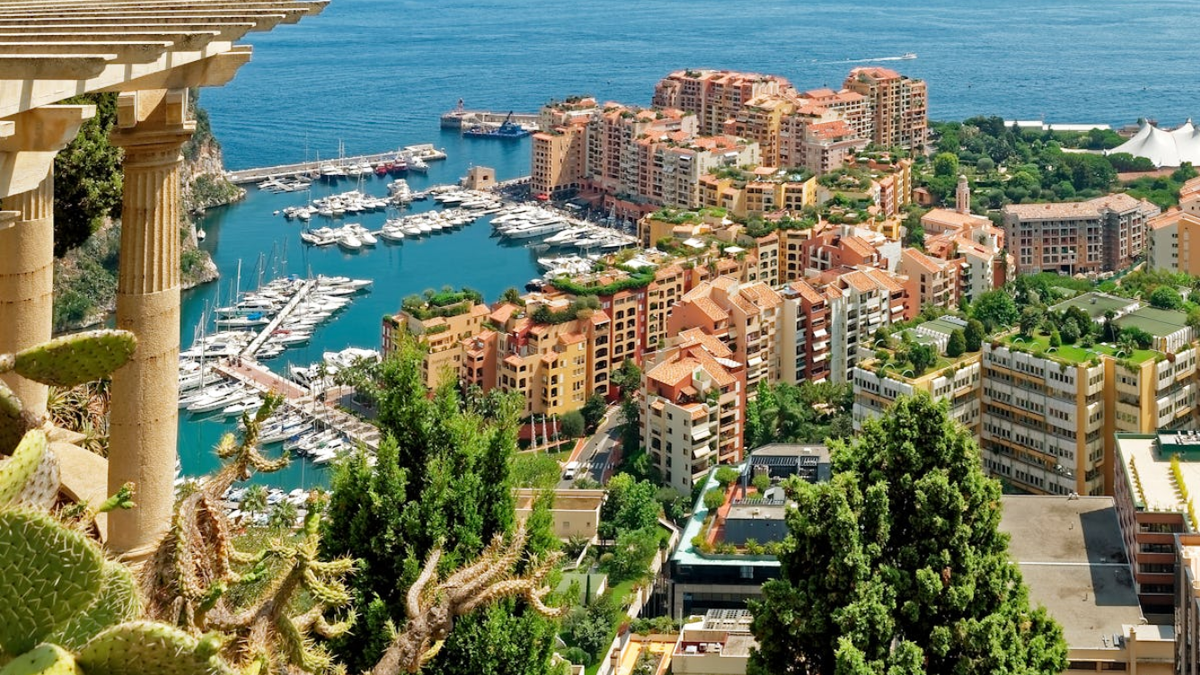

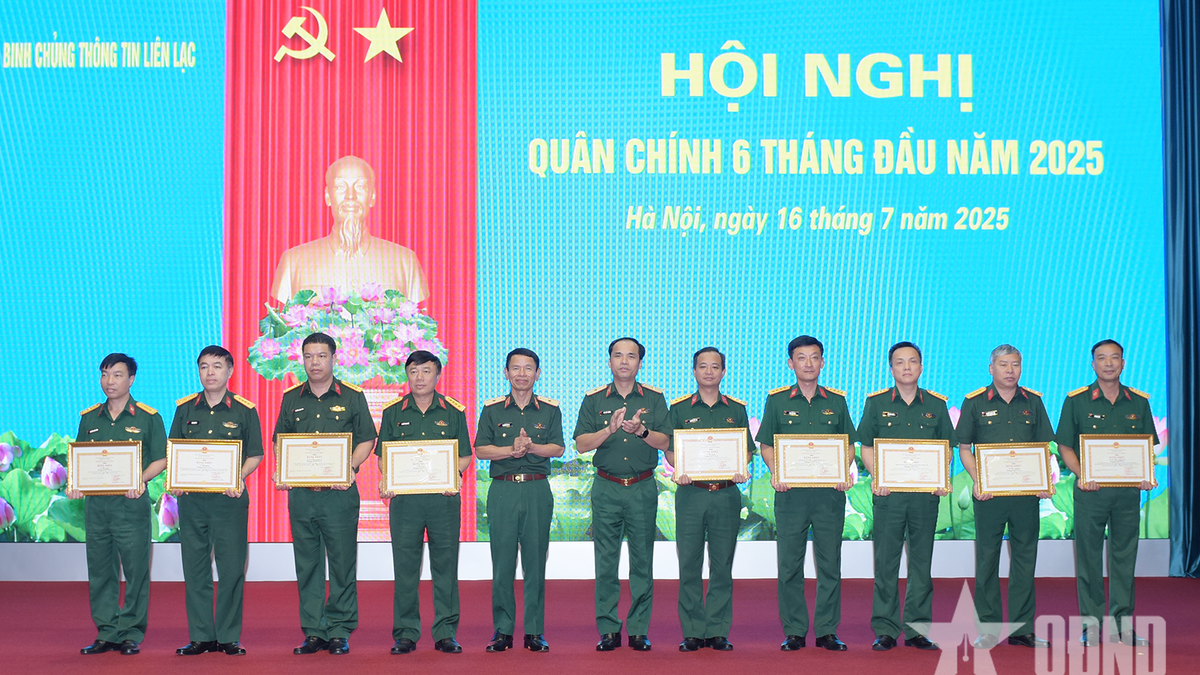

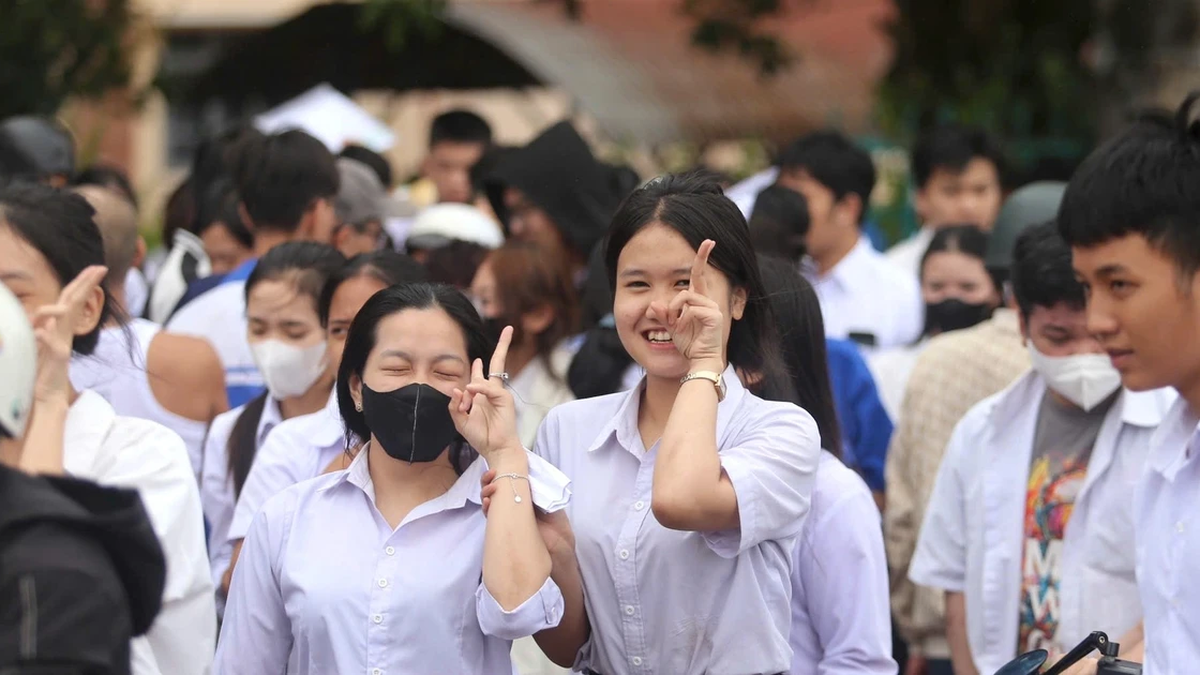
































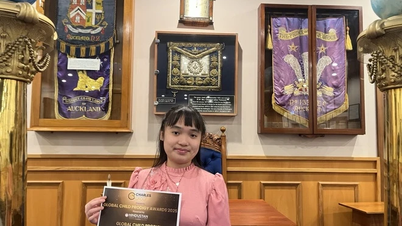
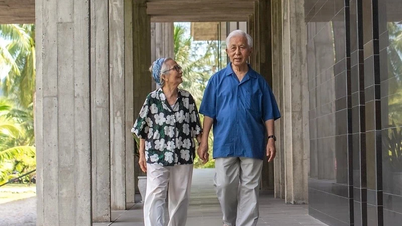
















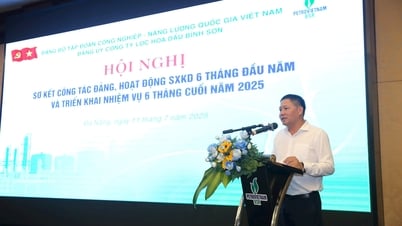

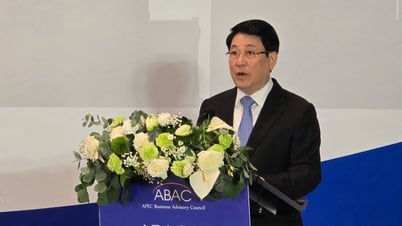

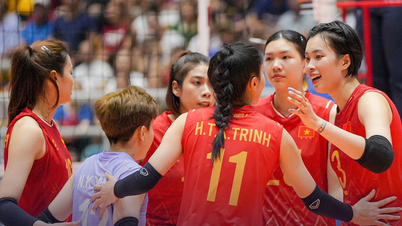
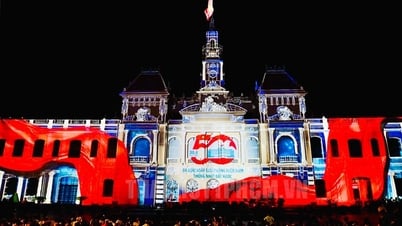
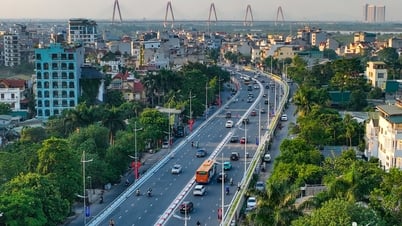
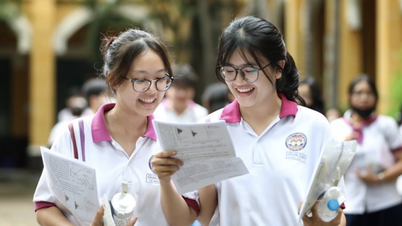


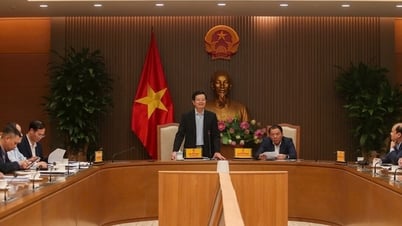

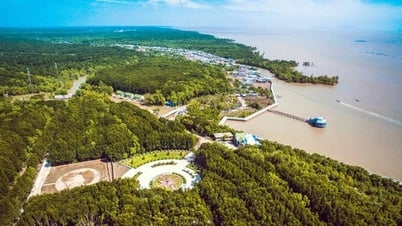
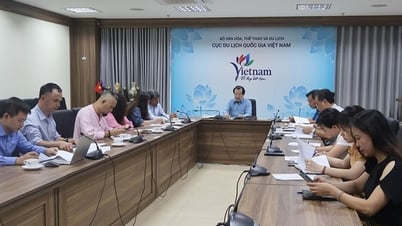























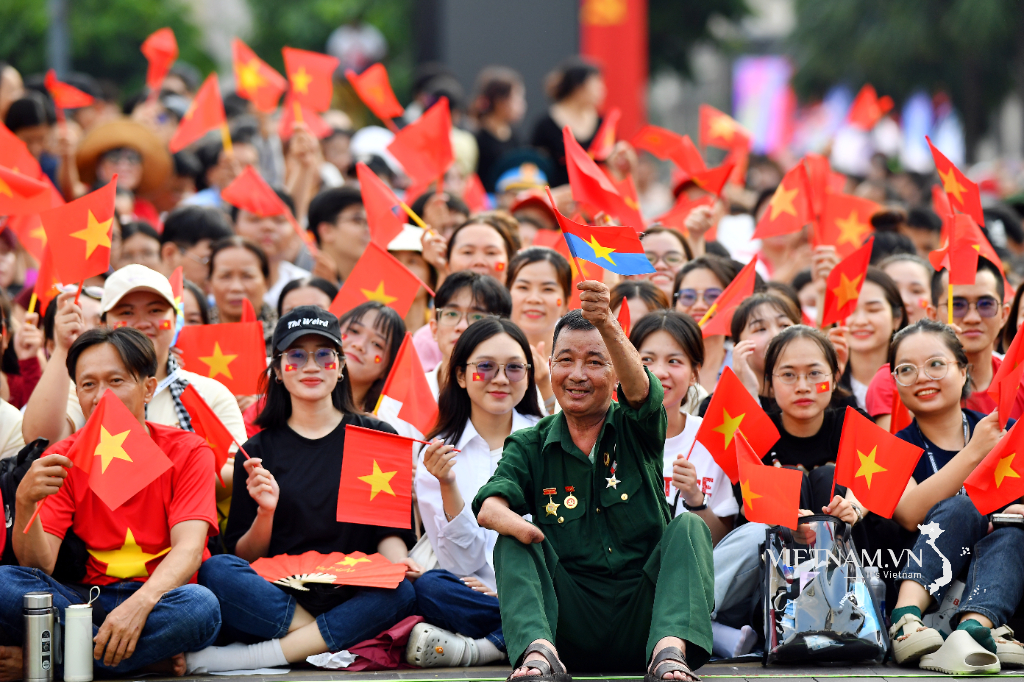

Comment (0)